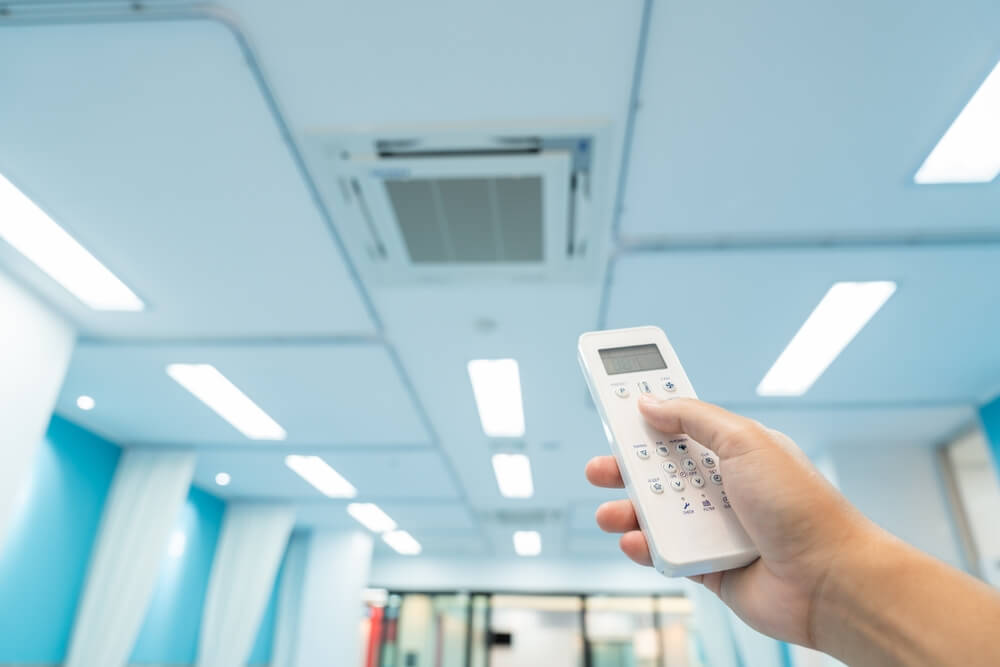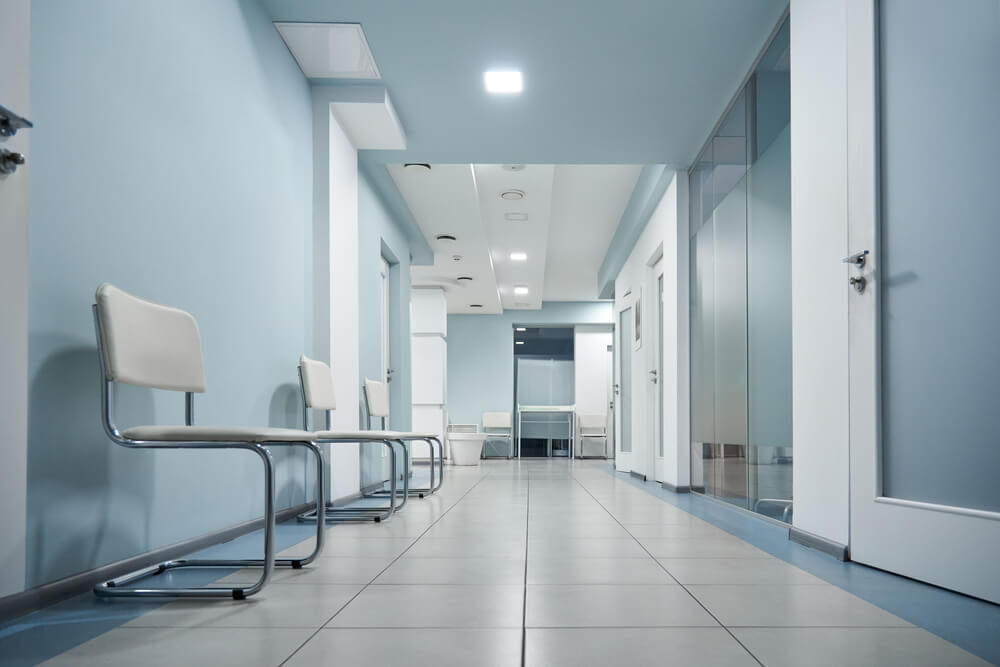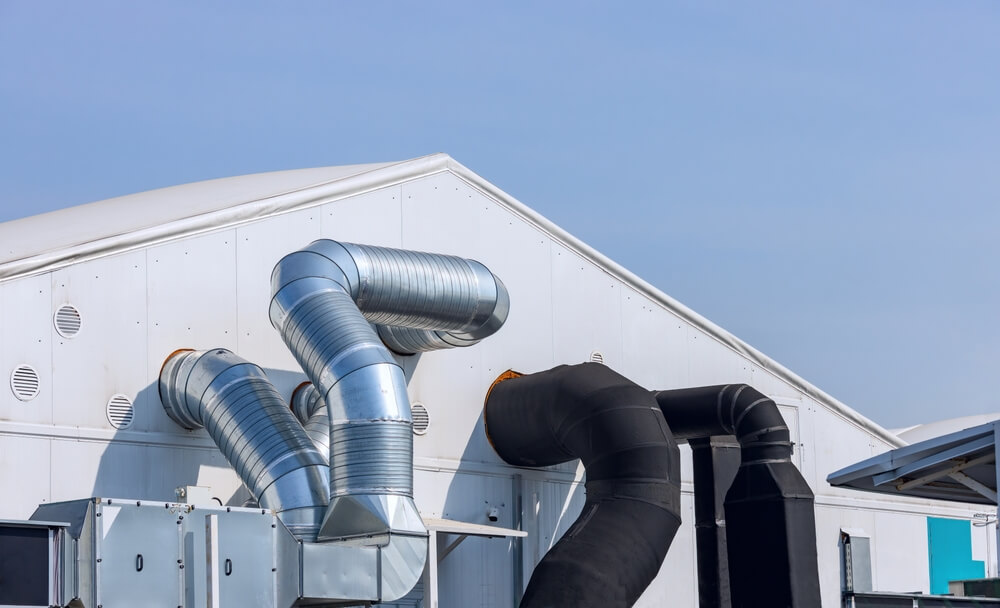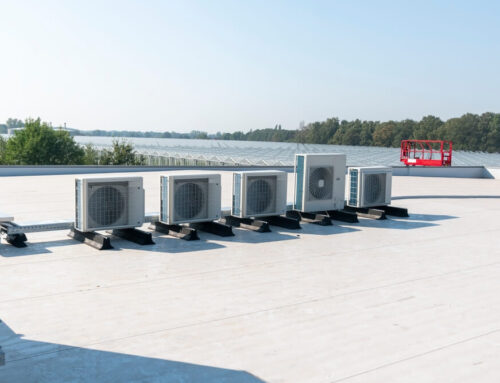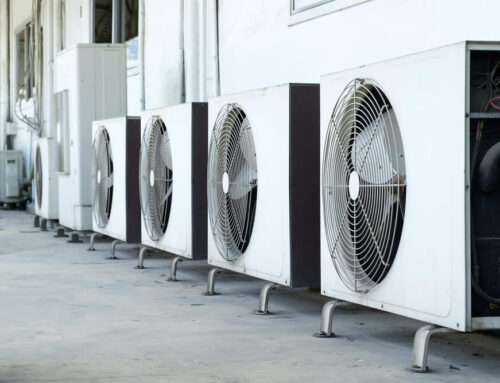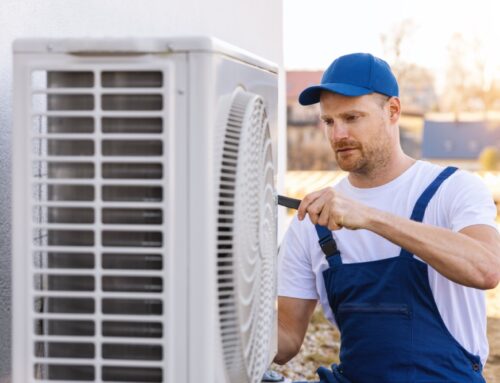Hospitals play a critical role in our communities, providing essential healthcare services to those in need. To ensure the well-being of patients, staff, and visitors, hospitals must maintain a safe and comfortable environment. One crucial component in achieving this goal is an efficient and reliable HVAC system specifically designed for healthcare facilities. In this article, we at Chills Air Conditioning will explore eight reasons why hospital HVAC is necessary, shedding light on the importance of a well-maintained and properly functioning HVAC system.
1. Infection Control
Hospital-acquired infections are a significant concern in healthcare settings. An effective HVAC system helps control airborne contaminants, including bacteria and viruses, by providing adequate ventilation and air filtration. This is essential for preventing the spread of infections and maintaining a sterile environment.
Hospital-acquired infections are a significant concern in healthcare settings. An effective HVAC system helps control airborne contaminants, including bacteria and viruses, by providing adequate ventilation and air filtration. This is essential for preventing the spread of infections and maintaining a sterile environment. HVAC systems with high-efficiency particulate air (HEPA) filters are particularly effective in capturing microscopic particles, ensuring that the air circulating within the hospital is purified and poses minimal risk to patients and healthcare workers. Additionally, the continuous air exchange facilitated by HVAC systems helps reduce the concentration of pathogens, creating an environment conducive to patient recovery and medical staff safety. This meticulous control of indoor air quality is a fundamental aspect of infection prevention strategies in modern healthcare facilities.
2. Patient Comfort
Patients undergoing treatment or recovering in hospitals require a comfortable and conducive environment for healing. Properly functioning HVAC systems regulate temperature and humidity levels, creating a comfortable atmosphere that promotes recovery and overall well-being. Furthermore, personalized climate control options in patient rooms enhance the individual experience, allowing patients to adjust settings according to their preferences fostering a sense of autonomy and comfort during their stay. The soothing and consistent environmental conditions facilitated by advanced HVAC technologies contribute not only to physical recovery but also to mental well-being, ensuring a more positive and stress-free healing environment for patients.
3. Staff Productivity
Hospital staff, including doctors, nurses, and administrative personnel, work long hours in demanding environments. An optimized HVAC system ensures a comfortable workspace, promoting staff well-being and enhancing productivity. Improved indoor air quality also contributes to a healthier working environment. Moreover, the proper ventilation and air filtration provided by the HVAC system mitigate the risk of airborne pathogens within the hospital premises, safeguarding the health of medical professionals and reducing the likelihood of occupational illnesses. This not only supports the overall well-being of the healthcare workforce but also fosters a work environment that prioritizes the safety and health of those dedicated to patient care.
4. Medical Equipment Performance
Many medical devices and equipment used in hospitals are sensitive to environmental conditions. HVAC systems help maintain stable temperature and humidity levels, ensuring the optimal performance and longevity of critical medical equipment. Additionally, precise climate control provided by advanced HVAC technology plays a pivotal role in preserving the accuracy and functionality of delicate instruments. Consistent environmental conditions help prevent equipment malfunctions and ensure that diagnostic tools, surgical instruments, and other medical apparatus perform at peak efficiency. This not only supports the delivery of high-quality healthcare services but also contributes to cost-effectiveness by reducing the need for frequent repairs or premature replacements of medical equipment.
5. Regulatory Compliance
Healthcare facilities must comply with strict regulatory standards to ensure the safety and well-being of patients. Hospital HVAC systems are designed to meet and maintain compliance with industry regulations, providing a secure environment that adheres to health and safety standards. Moreover, these systems often incorporate advanced monitoring and reporting features, allowing hospital administrators to demonstrate adherence to regulatory requirements. Regular maintenance and documentation of HVAC system performance contribute to regulatory compliance audits, ensuring that the healthcare facility meets or exceeds the necessary standards set by health authorities. By prioritizing compliance through robust HVAC systems, hospitals not only guarantee the safety of patients and staff but also establish a foundation of trust with regulatory bodies and the broader community.
6. Energy Efficiency
Hospitals are among the most energy-intensive buildings due to the constant need for climate control, lighting, and equipment operation. An energy-efficient HVAC system helps hospitals reduce operational costs, minimize environmental impact, and contribute to sustainability initiatives. In addition to curbing energy consumption, modern HVAC systems often incorporate smart technologies, enabling precise control and automation to optimize energy usage. By implementing energy-efficient practices, hospitals not only reduce their carbon footprint but also free up resources for crucial medical services. Furthermore, adopting sustainable HVAC solutions aligns healthcare facilities with broader environmental goals, showcasing a commitment to responsible energy management and positioning hospitals as leaders in eco-friendly practices within their communities.
7. Emergency Preparedness
Hospitals must be prepared for emergencies, including natural disasters and power outages. HVAC systems equipped with backup power and advanced control systems ensure that critical areas remain operational, safeguarding patients and staff during challenging situations. Beyond maintaining comfortable temperatures, these emergency features are crucial for preserving the integrity of sensitive medical equipment and ensuring the continuous operation of life-saving technologies. Furthermore, the strategic placement of emergency power sources and redundancy in HVAC controls enhances the resilience of hospital infrastructure, allowing for swift responses to unforeseen events. In times of crisis, a reliable HVAC system becomes a cornerstone of emergency preparedness, contributing to the hospital’s ability to provide uninterrupted care and support to the community.
8. Airborne Containment Management
Hospital HVAC systems are equipped with specialized filtration systems to manage airborne contaminants effectively. This is crucial for controlling allergens, pollutants, and potentially harmful particles, creating a healthier indoor environment for everyone in the hospital. These high-performance filtration systems, including HEPA filters, are designed to capture and remove microscopic particles, including bacteria and viruses, ensuring that the air circulating within the hospital is purified and poses minimal risk to occupants. This meticulous approach to airborne containment not only contributes to the overall health and well-being of patients, visitors, and staff but also supports infection control measures, creating a safer environment for medical interventions and reducing the likelihood of respiratory-related issues among individuals within the facility. The continuous commitment to air quality management underscores the importance of HVAC systems in fostering a health-conscious and secure atmosphere within healthcare facilities.
Conclusion
In conclusion, the importance of HVAC in hospitals cannot be overstated. From infection control and patient comfort to regulatory compliance and emergency preparedness, a well-designed and properly maintained HVAC system is crucial for the overall success and effectiveness of healthcare facilities. Investing in a reliable hospital HVAC system is an investment in the well-being of patients, staff, and the broader community.
That said, if you want to learn more about this subject or are looking for expert commercial HVAC maintenance in Miami, consider reaching out to our team today.

